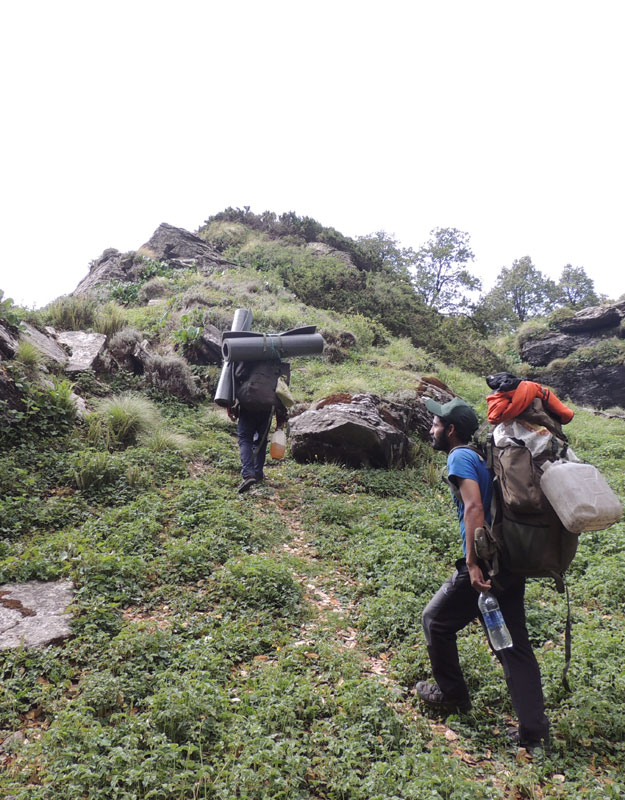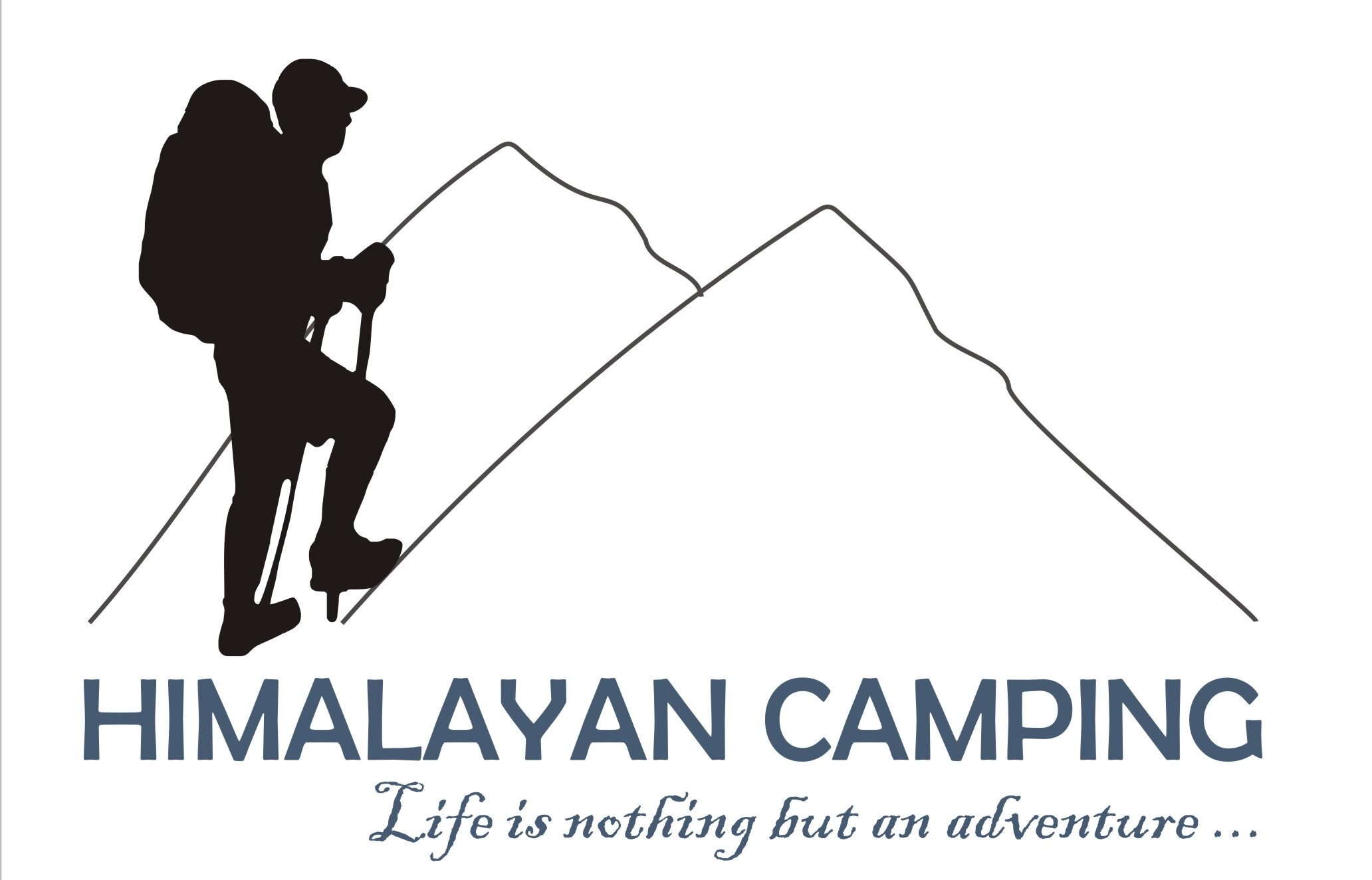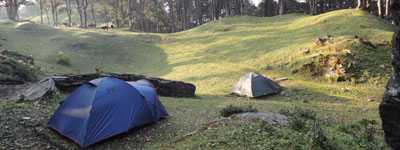
Lambri Top Trek
Lambri Top Trek
The Lambri Top trek is a six days trek which is in the Eco zone of the Great Himalayan National Park (GHNP), situated in Kullu district of Himachal Pradesh state, India. It is a UNESCO world heritage site. It is an interesting trek which gives the view of the GHNP from outside the park boundaries.

Overview
Region: Kullu, Himachal Pradesh, India
Duration: 06 days
Grade: Moderate
Maximum Altitude: Altitude of Lambri Top 3600 meters, so we have a climb of 560 meters and a descent of 1150 meters, during the complete trek.
Best Season for the trip: The best season to do this trek is Apr to Jun and Oct, Nov.
Itinerary A
Day 01: Chandigarh to Sairopa 07 Hrs/ 250 Km.
Drive from Chandigarh to Sairopa a distance of 250 Kms in 07 hours over excellent road, passing the towns of Mandi, Sundernagar and Banjar by Bus / Small Vehicle. Stay in Home Stay.
Day 02: Sairopa to Serolsar Lake Camp 04 Hrs.
We reach Jalori pass (3040 m), by vehicle over a small road passing Banjar and Jibhi. The trek starts from the temple at the pass. The pass is cold during all the seasons. The trail to Serolsar Lake is quite wide and the gradient is easy and passes through jungle. There is a beautiful temple on the lake’s shore, which is visited by many locals, so the trail is good. We set up the camp at a suitable place near the lake. Stay in tents.
Day 03: Serolsar Lake Camp to Shepherd’s Hut 06 Hrs.
The climb begins from the camp and it continues till we reach the high point visible from the lake, where a pillar stands. From there we move along the ridge for some time and thereafter climb down to a very wide path. Again we move onto the ridge and there on continue to move along it. As one climbs the view starts to open up. We see the Lambri Top in distance. We reach a big open ground on the top and on the left a bit down is the camping ground. The camp is setup. Stay in tents.
Day 04: Shepherd’s Hut to Janja Camp 05 Hrs.
The trek starts with regaining the ridge and from there we move on the ridge crossing a small forested patch. Crossing this part we come to a place where deep down we see a big circular stone wall with a hut on one side. Our camp will be set up there, but we will not be going there for the present. We continue on the ridge while our support staff will go down to setup the camp. Crossing the pass from where the trail goes down to Sarchi, we climb to the Lambri Top. From here you get excellent view of the Dhauladhar range, the peaks of Pir Panjal range like Hanuman Tibba, Deo Tibba, Indrasan etc. The GHNP lies in front, on the east side are the mountains of Kinnaur. The Lambri Top is scared place and so you need to remove shoes while visiting the Top. After visit to the top, walk down to the camp. Stay in tents.
Day 05: Janja Camp to Sarchi 05 Hrs.
We climb up to the pass we had crossed yesterday on our way to the top. From here the trail moves down very steeply, and carefully we move down. An hour or so brings us down to the jungle, with the trail still being steep. The trail finally begins to ease as we reach the Bada Sari village. Passing this village we reach the village of Sarchi, the road head. Stay in Home Stay.
Day 06: Sarchi to Chandigarh 08 Hrs/ 270 Km.
Drive from Sarchi village to Chandigarh by Bus/ Small Vehicle, passing the towns of Banjar, Sundernagar and Mandi.
Itinerary B
First four days are same as Itinerary A
Day 05: Janja Camp to Sairopa via Sajwad village 03 Hrs.
The trail passes through the forest area and is quite good. We reach the village which is the road head. By vehicle we reach Sairopa. Stay in Home Stay.
Day 06: Sairopa to Chandigarh 07 Hrs/ 250 Km.
Drive from Sairopa to Chandigarh by Bus/ Small Vehicle, passing the towns of Banjar, Sundernagar and Mandi.
What is included in the package.
1. Tents, Sleeping Bags and Sleeping Mats during camping on twin sharing basis.
2. Hotel arrangement as per itinerary on twin sharing basis.
3. Transport as per itinerary.
4. All vegetarian food during the camping days, which will usually consist of morning tea, breakfast, lunch (packed/ hot as per days schedule and conditions), evening tea and dinner. Only Tap/ stream/ snowmelt water will be provided.
5. Local guides and other personnel with in depth knowledge of the area.
6. Carrying of one bag containing personal items (max 10 kgs) per person during the trek.
7. Permits/ camping permissions required during the trek from the Forest/ Park/ other authorities.
8. First Aid medical kit.
What is excluded in the package.
1. Any kind of personal expenses.
2. Any kind of insurance.
3. Any thing not mentioned in the included section.
4. Camera/ other equipment fee.
5. Any transportation charges on transfers not mentioned in the itinerary.
6. Any cost arising out of unforeseen circumstances or situations beyond our control.
7. Expenses on extension of no. of days of activities arising due to natural calamities/ bad weather.
8. Expenses on evacuation from the mountain/ trail/ area of activity due to any reason/ accident/ injury.
9. Meals during the road journeys.
10. Any additional activities which are not mentioned in the itinerary.
What you should bring
An individual going into the mountains need to carry all the clothing and items required for a comfortable walk and living. There are hardly any shops along the trails and the shops at the road heads may not have the items required. A list of essentials is given to help an individual pack for their trek. LIST
What this trek will cost
The Cost estimation is based on the number of factors like the group size, pick-up place (Chandigarh) and add-ons needed (like backpack offloading, accommodation before and after the trek & drop off point (Chandigarh).
Payments, Cancellations and Refunds
The adventure activities in Himalaya take place in remote areas with limited or no resources. Be it Trekking, Camping, Jeep Safaris, Motorcycling, Cycling etc, all of these activities require detailed planning both by the individual doing these activities or by the people who are offering/ facilitating the conduct of these activities. The plans and all arrangements for a safe and pleasant trip are made months in advance.
However, there are many issues which are beyond the control of the individual participating in an event or the firm organizing the event. Some of the factors beyond our control like inclement weather, bad terrain, strikes, washed away roads/ trails etc. Also events like civil disturbance, strike etc.
In view of the above, the individual participant or the firm may have to cancel/ postpone the event or may have to change the itinerary of the event. In such a situation we need to be clear about the payments, cancellations and refunds. For details visit Payments, Cancellations and Refunds
The level of fitness expected from the participants:
The key requirement for participants is a high level of fitness. The fitter you are, the more enjoyable your trekking experience will be. It is recommended to invest time in activities such as walking, jogging, stretching, cardio exercises, and strength training before you participate in any adventure activities. These exercises not only contribute to overall fitness but also aid in acclimatization during the trip.
Please note:
The Programme schedule can be changed due to any unforeseen circumstances. In case of any illness during the expedition, the expenses for medical treatment, travel and porter etc. are to be borne by the concerned individual. Alcohol consumption is strictly prohibited during the programme. Himalayan Camping and its associates cannot be held responsible for any accident, illness or any unexpected events during the expedition. Primary medical facilities will be available wherever possible.
Those who are on special medication should bring their own necessary medicines. People having Asthma, Blood Pressure, Heart Problems or any high-altitude ailments are strongly advised to consult their physician before participating


